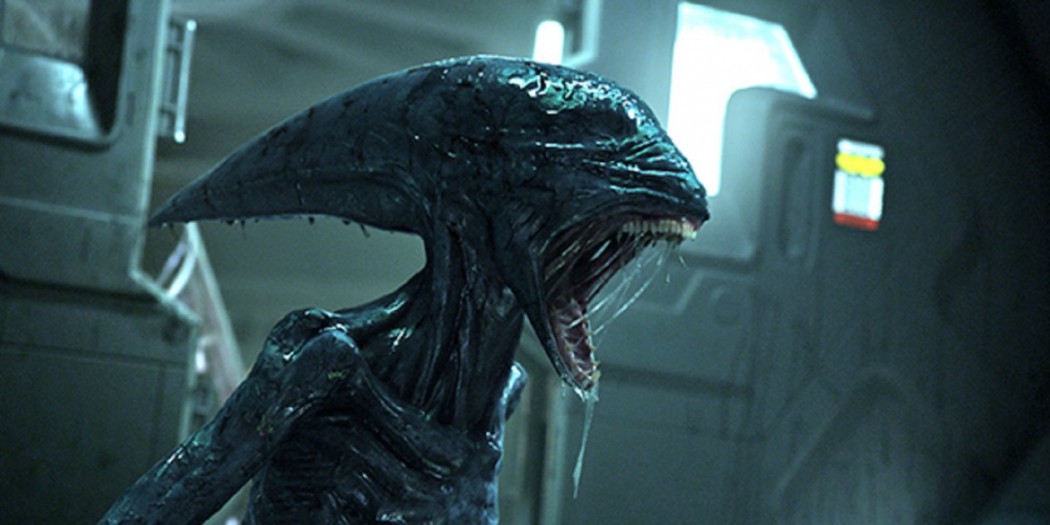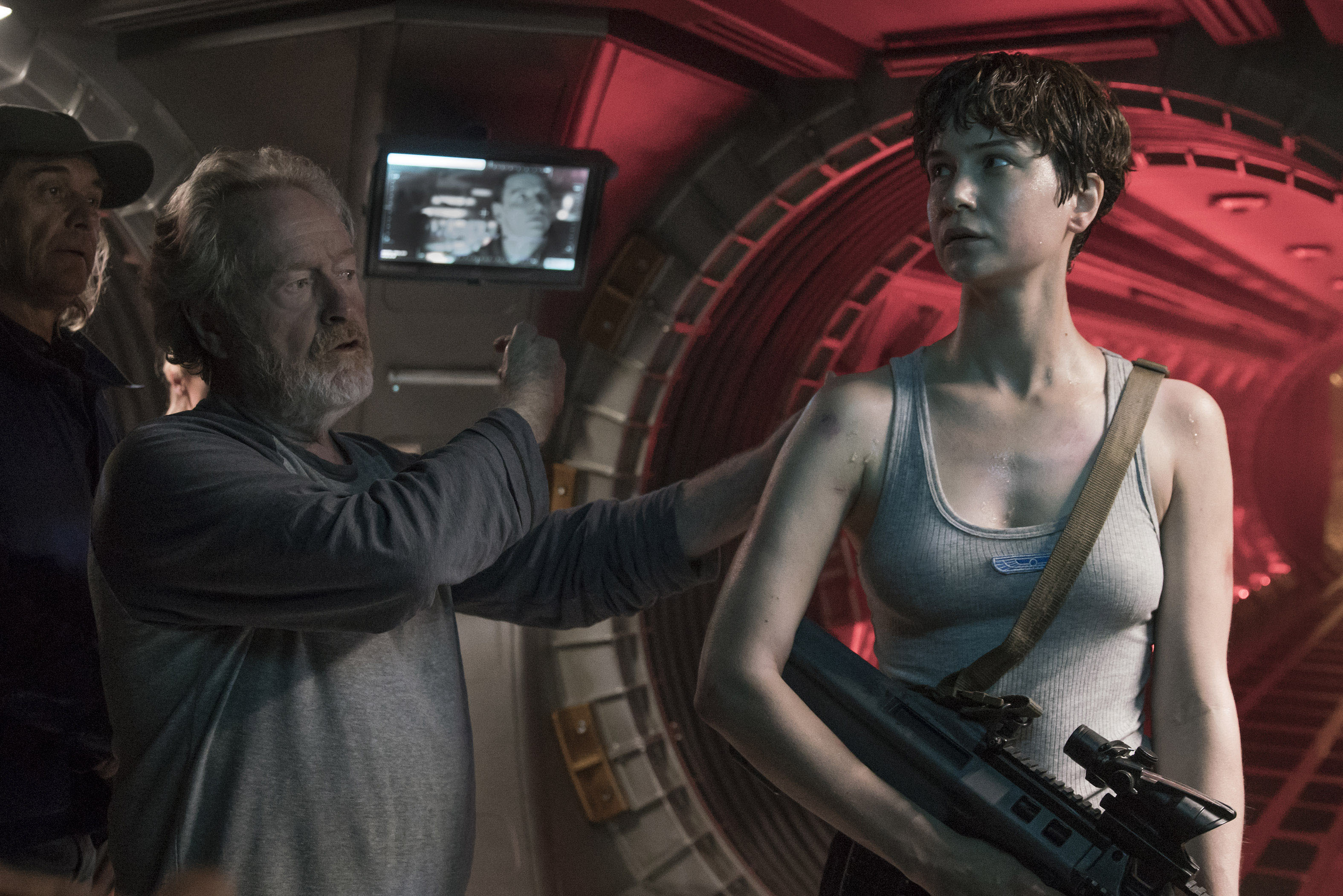Alien: Covenant (2017): A Return to Terror and Existential Questions
Alien: Covenant, directed by Ridley Scott, marks a chilling return to the iconic sci-fi horror universe he helped create with 1979’s Alien. Serving as both a sequel to Prometheus (2012) and a prequel to the original Alien, the film bridges mythological ambition with the cold, claustrophobic terror fans expect from the franchise. Released in 2017, Covenant continues exploring themes of creation, mortality, and artificial intelligence, while delivering the visceral suspense that defines the series.
The story follows the crew of the colony ship Covenant, en route to a remote planet in the far reaches of the galaxy, carrying over 2,000 colonists in cryosleep. When a mysterious transmission lures them to a seemingly habitable world, they decide to investigate—only to find a dark paradise full of deadly secrets. What begins as a hopeful exploration quickly descends into horror as the crew encounters hostile alien lifeforms and uncovers the tragic aftermath of the Prometheus expedition.

At the heart of the film is the character of David, the synthetic android played masterfully by Michael Fassbender. Fassbender also portrays Walter, a newer, more obedient version of David. The dual performance allows the film to explore philosophical questions about identity, creation, and free will. David, a rogue creation of humanity, has taken it upon himself to become a creator—developing the very organisms that will one day become the xenomorphs. His descent into god-complex madness is both terrifying and fascinating, adding a deeply cerebral layer to the physical horror.
The film also stars Katherine Waterston as Daniels, a strong and resourceful character in the spirit of Ellen Ripley. Billy Crudup, Danny McBride, and Carmen Ejogo round out a solid supporting cast that brings a human element to the film’s high-concept horror. McBride, known more for his comedic roles, surprises audiences with a grounded and serious performance.
Visually, Alien: Covenant is stunning. The cinematography by Dariusz Wolski captures both the vast beauty of alien landscapes and the claustrophobic dread of the Covenant ship and subterranean chambers. The creature design is gruesome and creative, with new forms like the neomorphs offering fresh horror while foreshadowing the classic xenomorph’s evolution. The practical effects are enhanced with CGI in a way that maintains the tangible terror that made the original film so effective.
Critically, the film received mixed to positive reviews. While many praised the return to horror and Fassbender’s performance, others felt the movie was caught between the philosophical tone of Prometheus and the raw fear of Alien, struggling to satisfy both. Nevertheless, for fans of the franchise, Covenant offers vital lore and thrilling sequences that deepen the mythology and expand the story arc leading into the 1979 classic.

Alien: Covenant is a complex, unsettling film that combines existential science fiction with visceral horror. It challenges the audience with moral questions about creation and power while still delivering face-hugging, chest-bursting, edge-of-your-seat terror. As part of the broader Alien saga, it reaffirms Ridley Scott’s ability to evolve his cinematic universe while staying true to its horrifying roots.



